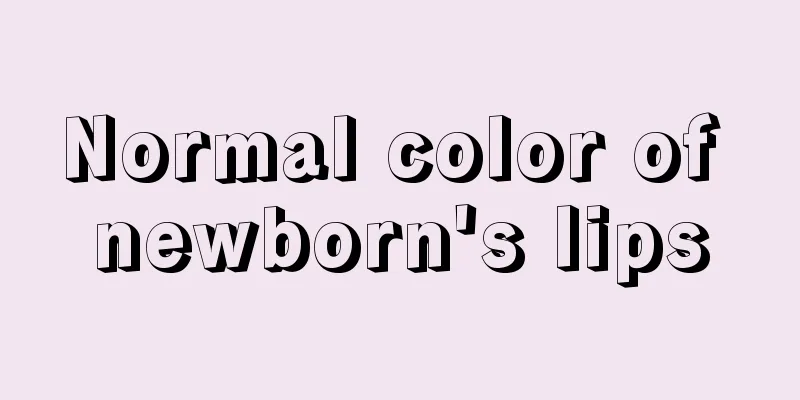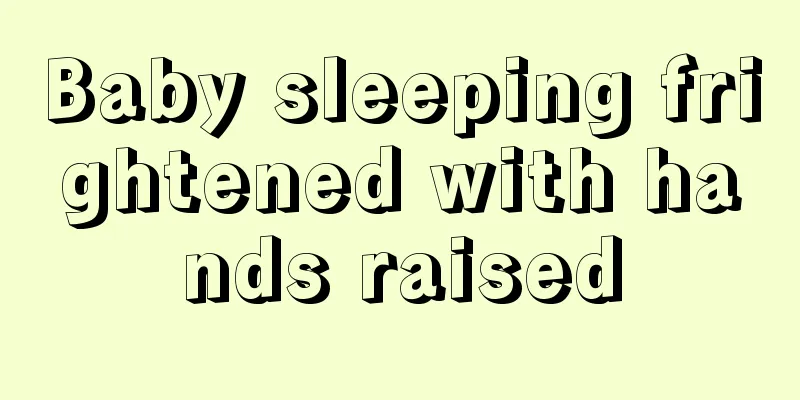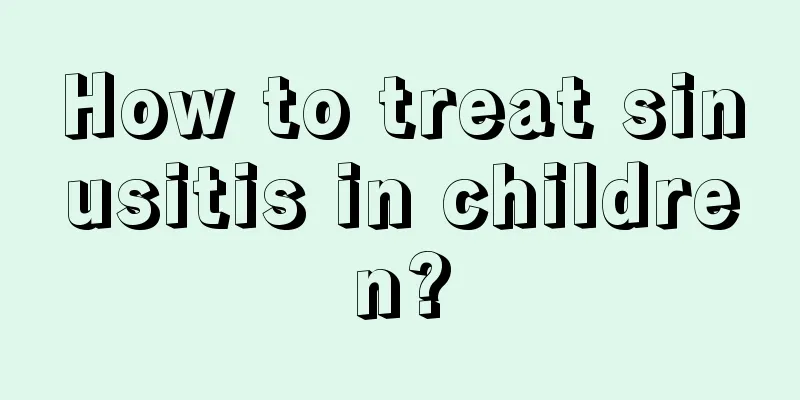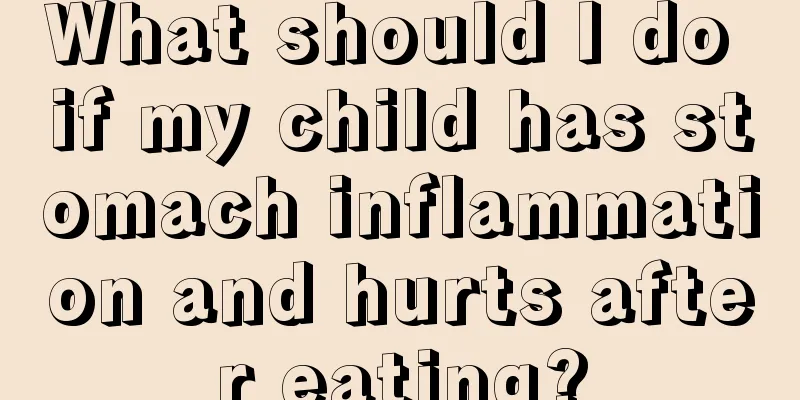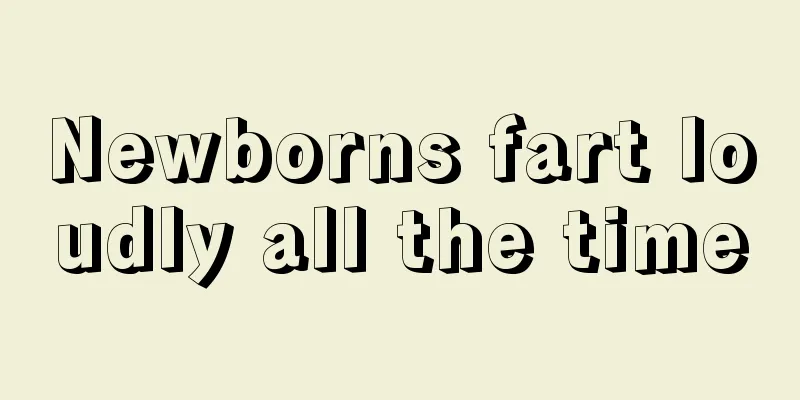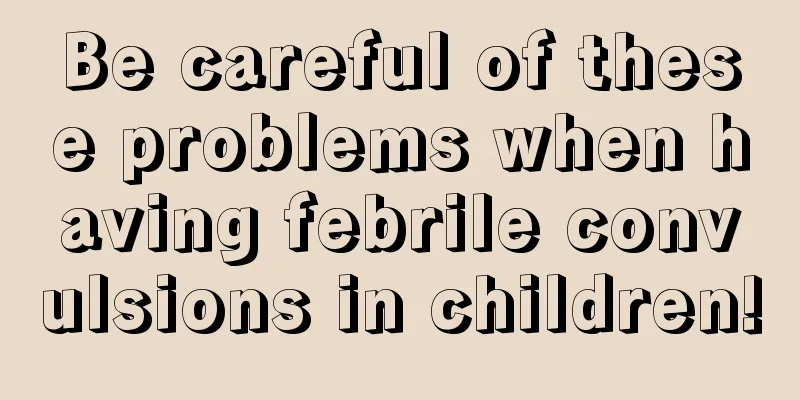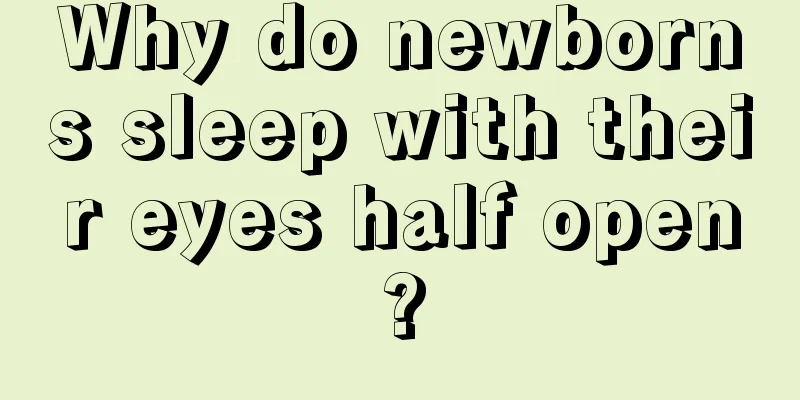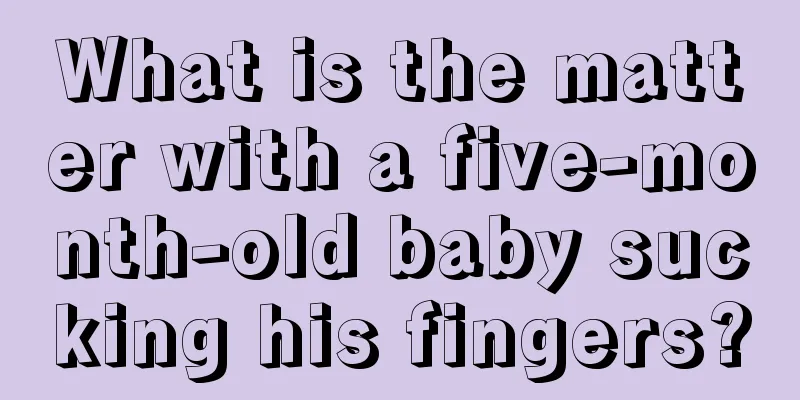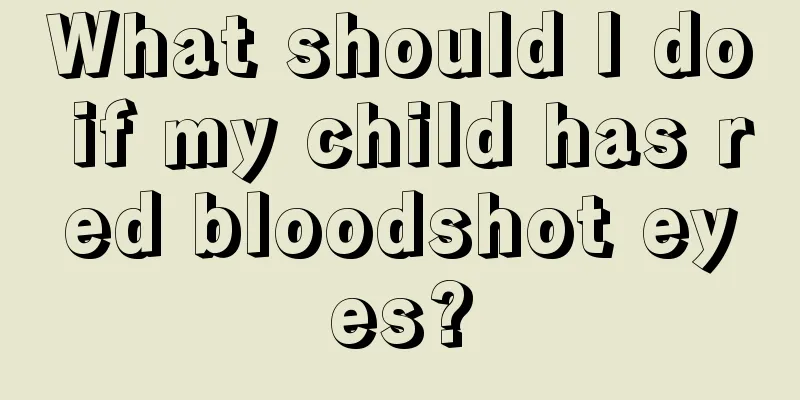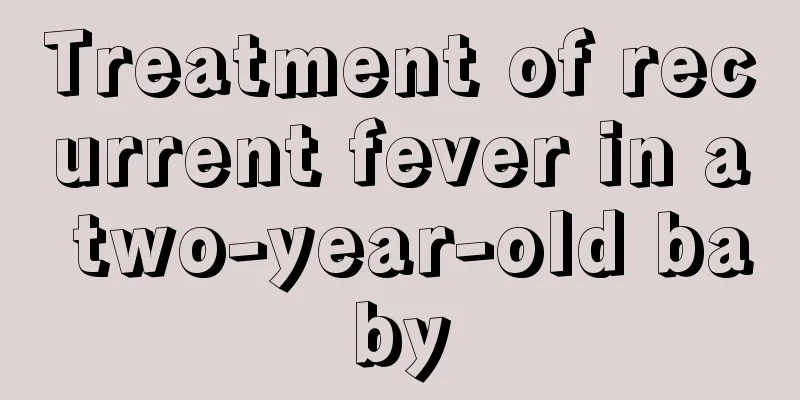How to prevent children from having fever and convulsions?
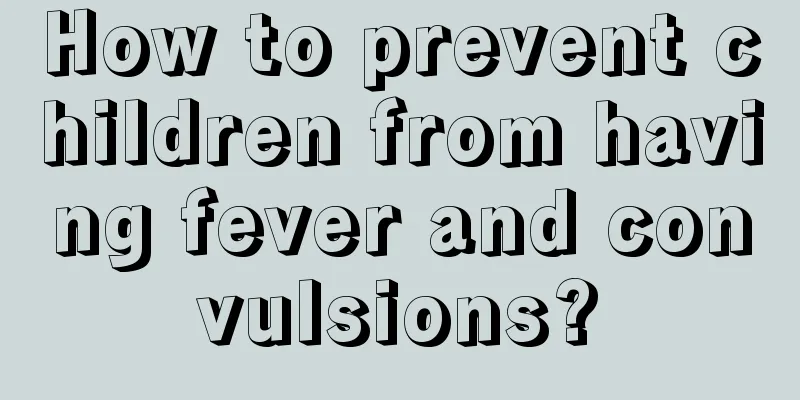
|
When a child has a fever, it is still easy to cause some health risks, especially when the high fever does not subside, convulsions and other phenomena will occur. So how to prevent children from having a fever and convulsions? Since it is a disease caused by high fever, it is natural to reduce the temperature as soon as possible after the fever. Generally speaking, physical cooling methods can be used for low-grade fever, but once a high fever occurs, you should rush to the hospital as soon as possible. Generally, the normal body temperature of a healthy baby has a range. Usually, newborns and infants maintain it between 36.7-37.5℃, while toddlers maintain it between 36.6-37.3℃. However, the baby's body temperature is different at different times of the day. For example, most babies' body temperature will rise a little bit in the afternoon. Some babies' body temperature will also rise slightly after crying, exercising, or eating. These are all natural phenomena and parents do not need to worry. But if the baby does start to have a fever, parents can use physical cooling methods to cool the baby down while taking the baby to the doctor. There are many physical ways to cool down the baby, such as wiping the baby's body with warm water, keeping the room ventilated, and using cooling patches or small ice pillows, all of which are effective. However, since many diseases can cause fever in babies, parents must take their babies to the doctor, find out the cause and then use medication for treatment. Do not use antibiotics indiscriminately. As for antipyretics, if the baby has a history of febrile convulsions, or the body temperature is too high, usually above 38.5℃ on the axillary temperature, they can be used for the baby in moderation. However, in addition to choosing children's antipyretic drugs, you must calculate the dosage according to age or weight according to the instructions. Do not use it excessively or too frequently, otherwise it will cause adverse reactions. Parents can easily feel anxious when their baby has a fever, because many parents worry that their baby’s brain will be damaged by the fever. In fact, except for fever caused by diseases such as encephalitis that may bring neurological sequelae, common cold and fever will not damage the child's nervous system, but you must be careful to prevent convulsions. I believe everyone is clear about how to prevent children from having fever and convulsions. In addition to paying attention to effectively preventing the occurrence of high fever convulsions, it is also necessary to deal with them promptly and correctly after the attack to avoid threatening and harming the children. In fact, as long as the child's physical resistance can be improved and the temperature can be reduced as soon as possible after a fever, there will not be so many troubles. |
<<: At what fever will a child have convulsions?
>>: What are the effects of a child having a fever and convulsions?
Recommend
Can children eat pomegranates when they have a cough?
Pomegranate is rich in nutrients. It not only con...
What to do if children have chapped lips
Autumn is windy and winter is dry, which can easi...
How does hernia form in children?
Many people will encounter children with pediatri...
Why does my baby always sweat on the back of his head?
Many parents will find that sweating on the back ...
What kind of swimming ring should a six-month-old baby use?
As society continues to develop, people's liv...
The child has convulsions when he has a fever
When a child has a fever, parents should not worr...
Prevention of febrile seizures in children
The phenomenon of high fever convulsions in child...
What are the common skin diseases in babies?
In fact, parents should take special care of thei...
Is it good to bathe a 40-day-old baby every day?
For parents, if their baby is born in the hot sum...
Baby's nose rings when sleeping
When the baby is young, parents will take care of...
Is there any harm in doing ultrasound for babies?
For pregnant women, it is a must to go to regular...
What are the folk remedies for children's hypertension?
For friends who want to treat children’s hyperten...
How long does it take to get menstruation after giving birth?
After giving birth, women must take comprehensive...
What to do if your child refuses to use eye drops
I believe many people know about eye drops. This ...
How to educate a one-year-old baby_How to educate a one-year-old baby
Every baby needs early education. Early education...
